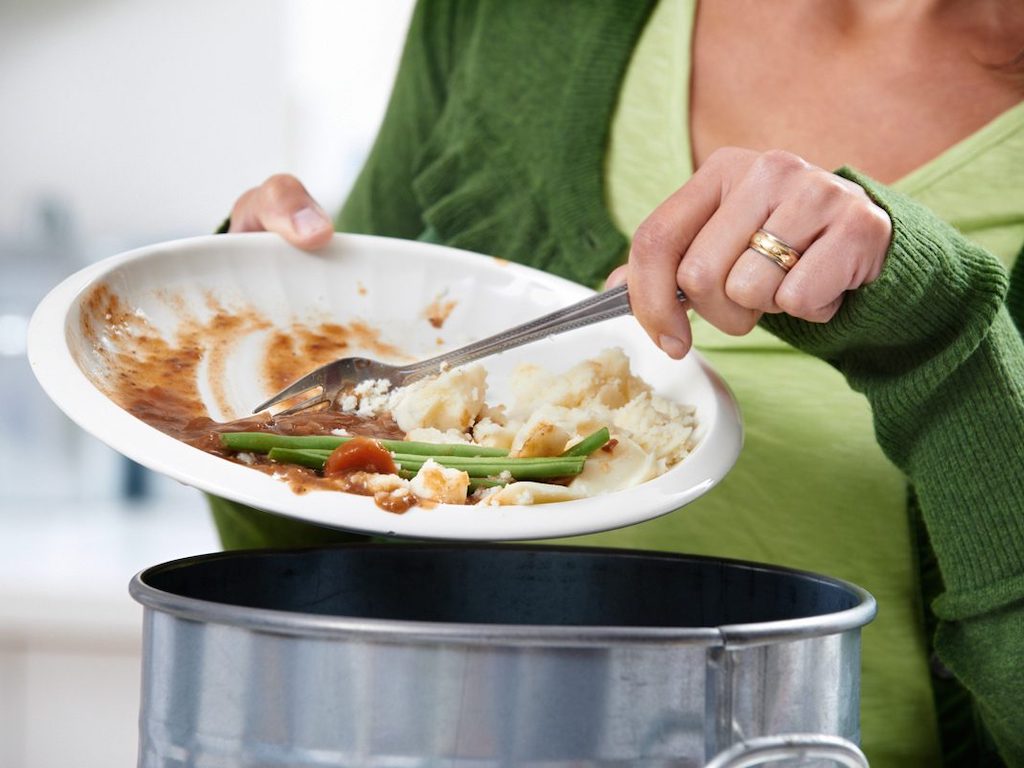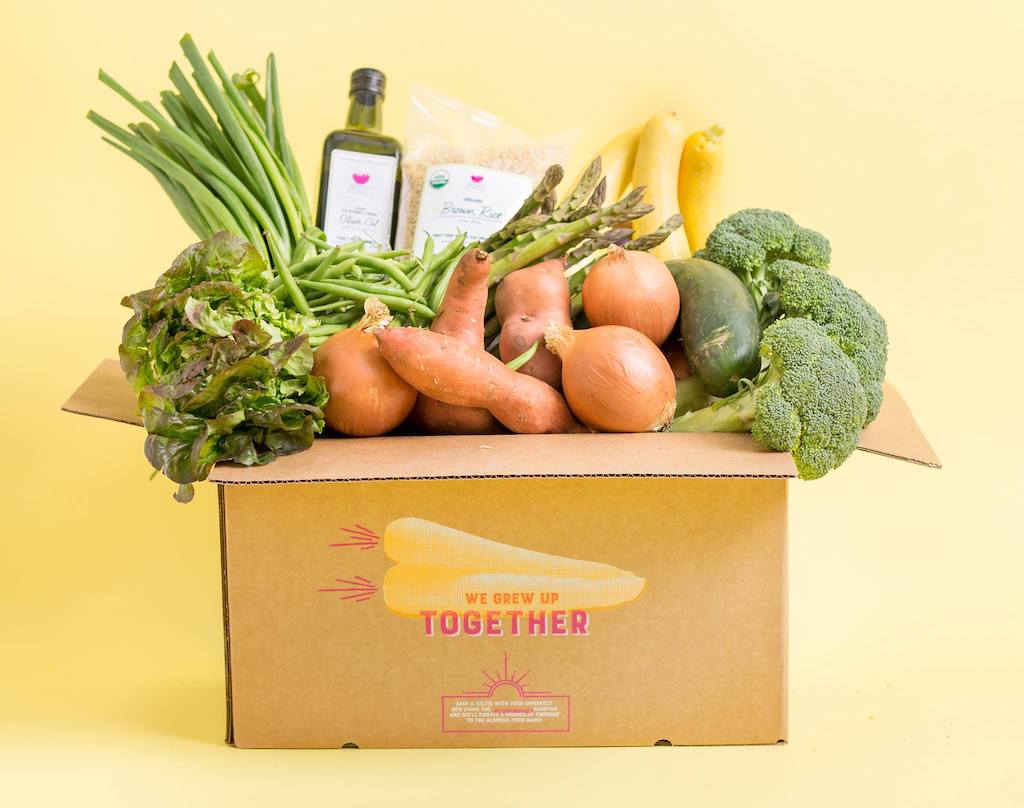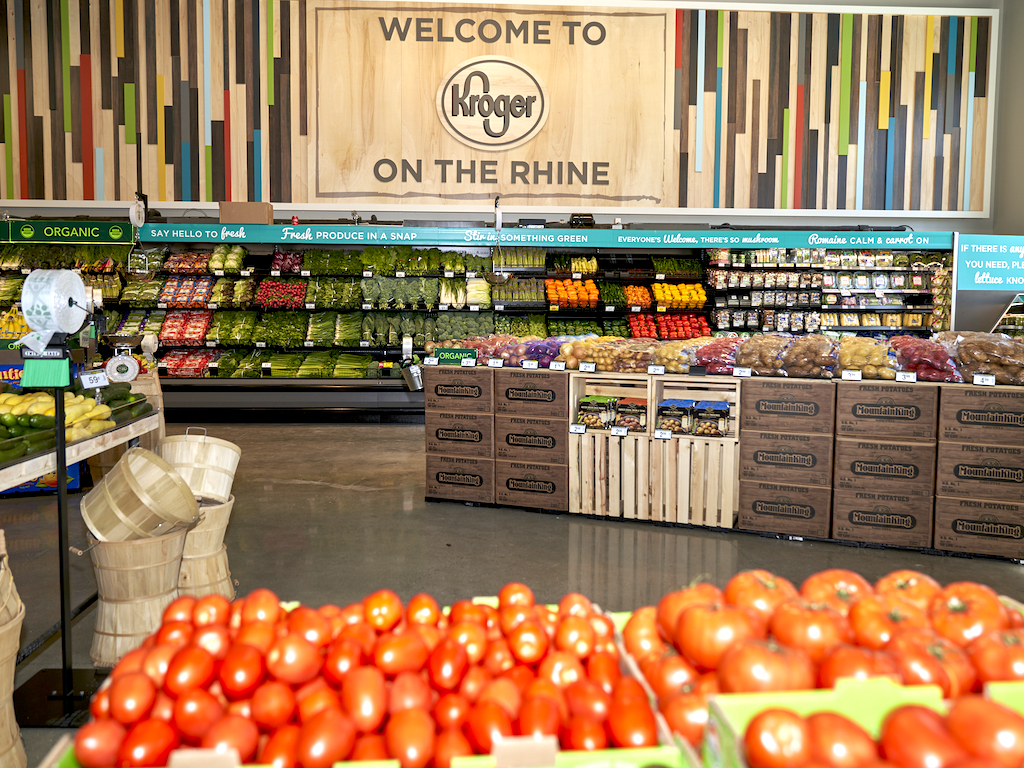4 Mins Read
American retail giant Kroger has pledged to support innovative startups developing upcycled food products and solutions. Through its charity arm Zero Hunger Zero Waste Foundation, the supermarket will invest US$2.5 million in collective grants to companies working on what it describes as the “next frontier” in recovering and repurposing food that would otherwise go to waste.
Kroger has called on upcycled food waste startups to join its innovation fund, launched under the Zero Hunger Zero Waste Foundation in collaboration with impact venture capital firm Village Capital. If selected, startups will be able to benefit from business support and funding from Kroger, with the supermarket chain already setting aside US$2.5 million in collective grants for the incoming cohort of food waste fighting companies.
Startups eligible include those who are developing novel ways to process, manufacture or distribute consumer food products made from upcycled, repurposed or recovered food that would have otherwise gone to waste. Business models can range from sourcing surplus produce to those incorporating food byproducts into new consumer-facing goods.

In the wake of the Covid-19 pandemic and its economic impacts, we are more determined than ever to direct as much food as possible to its highest purpose: feeding people. We can no longer afford to waste surplus food at any level in our food system.
Denise Osterhues, President, Zero Hunger Zero Waste Foundation, Kroger
In an announcement, Denise Osterhues, president of Kroger’s Zero Hunger Zero Waste Foundation, said that the fund is part of the charity’s efforts to help “build a more efficient and resilient food system and charitable food system in the U.S. and beyond.”
“In the wake of the Covid-19 pandemic and its economic impacts, we are more determined than ever to direct as much food as possible to its highest purpose: feeding people. We can no longer afford to waste surplus food at any level in our food system,” Osterhues added.
Recent statistics emerging in the midst of the pandemic shows the dire need for more action on the issue of food waste, with a new U.N. report revealing that 931 million tonnes of food sold to households, retailers, restaurants and other food services is being thrown away annually – equivalent to 17% of all food available at consumer levels.
The index tracks global progress on the U.N. Sustainable Development Goal (SDG) to halve food waste by 2030, indicating that the world has a long road ahead before reaching the target. Altogether, global food waste is estimated to drive as much as 10% of the world’s greenhouse gas emissions, while over 690 million people around the world continue to face hunger on a daily basis.

We’re eager to work with Village Capital to accelerate partnerships with creative thinkers and problem solvers who share our vision of a world where food waste is no longer a reality.
Sunny Reelhorn Parr, Executive Director, Zero Hunger Zero Waste Foundation, Kroger
Kroger says that a core part of achieving the 2030 deadline will be supporting innovators and entrepreneurs who are coming up with upcycling solutions. The 10 startups who are selected to join the innovation fund will not only take home US$100,000 in an upfront seed grant, totalling an initial US$1 million in investment, but will also benefit from virtual workshops, networking and mentorship and the opportunity to apply for follow-on funds of US$100,000 per startup.
After the six-month “milestone development period”, two more startups will be selected to receive an additional US$250,000 from the program.
The new cohort will represent the innovation fund’s second group of food waste startups. Among some of the success stories that have already emerged from the first group include Imperfect Foods, the ugly produce subscription box service, and Winnow, the tech firm behind the smart device that helps commercial kitchens slash food waste.
Speaking about welcoming a new group of startups, Sunny Reelhorn Parr, executive director of the Zero Hunger Zero Waste Foundation, commented: “We’re eager to work with Village Capital to accelerate partnerships with creative thinkers and problem solvers who share our vision of a world where food waste is no longer a reality.”
Lead image courtesy of Kroger.




